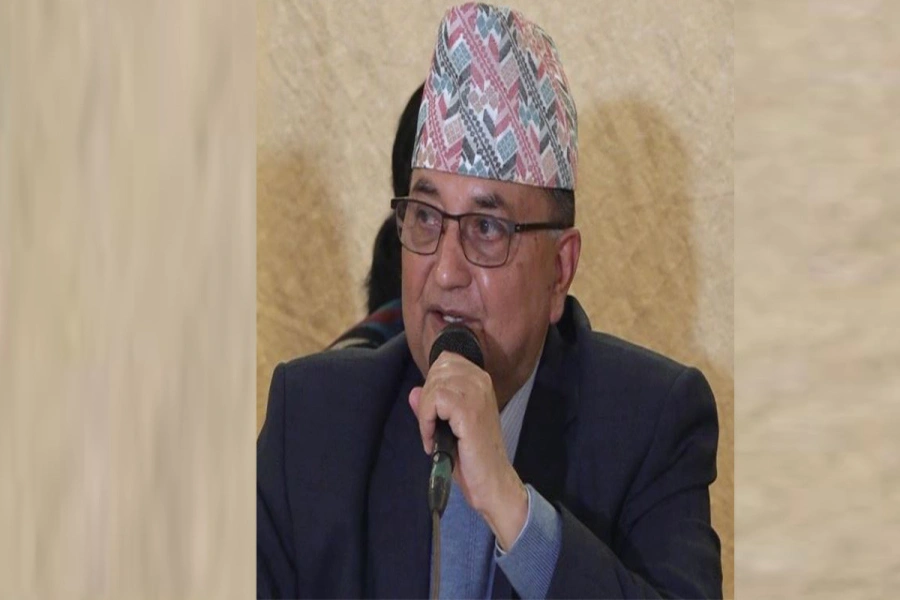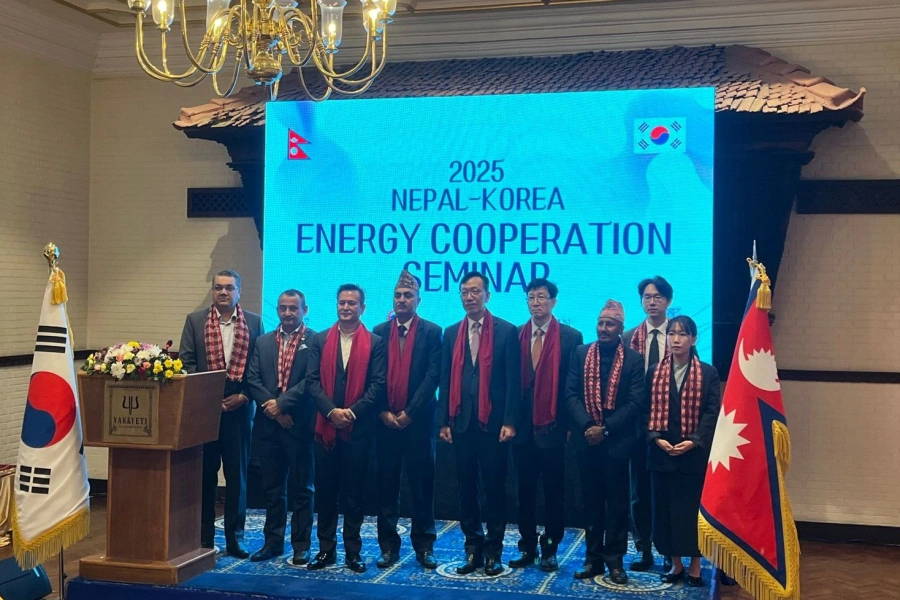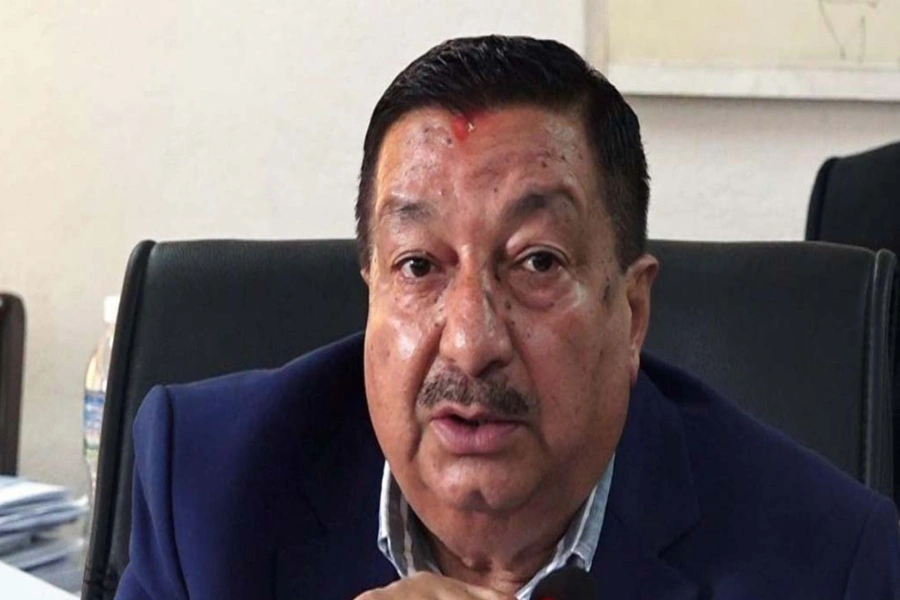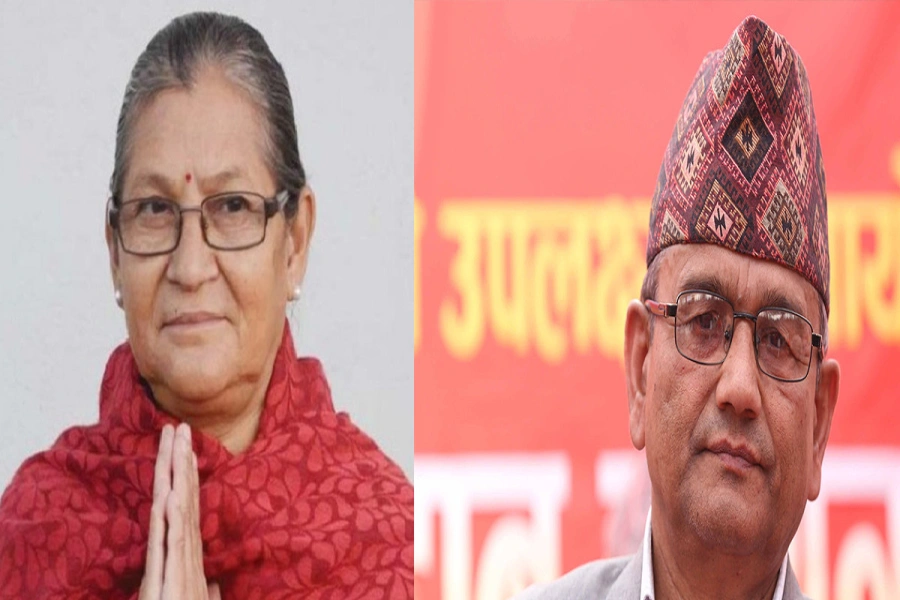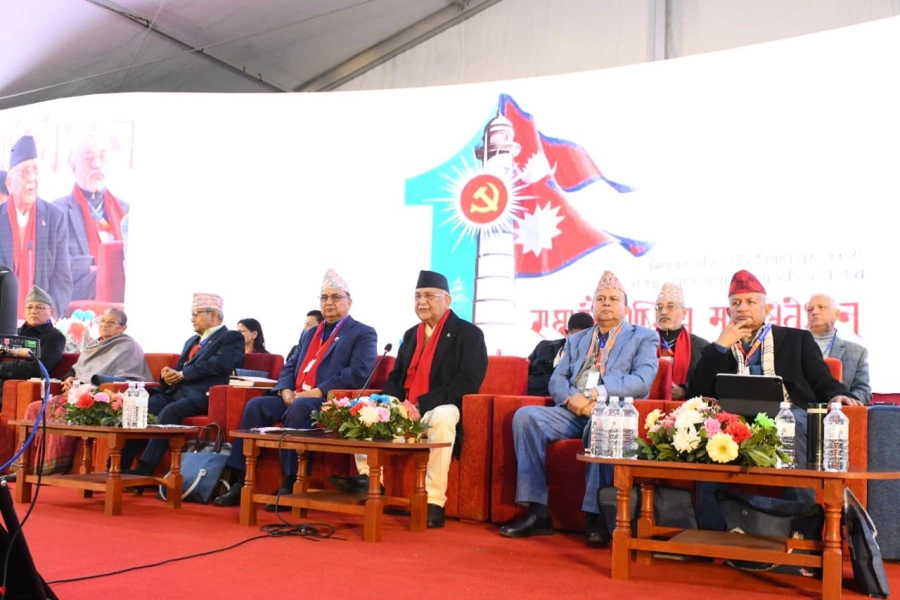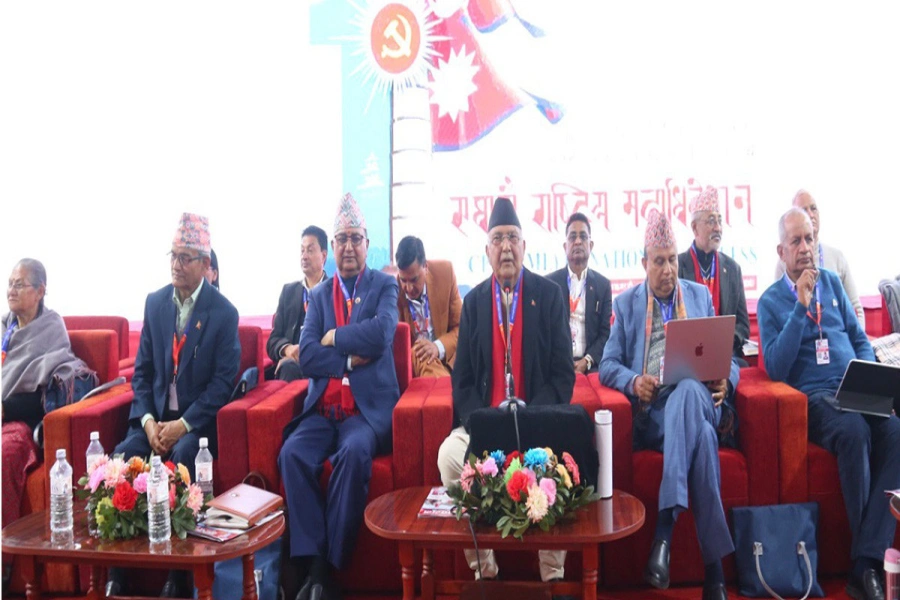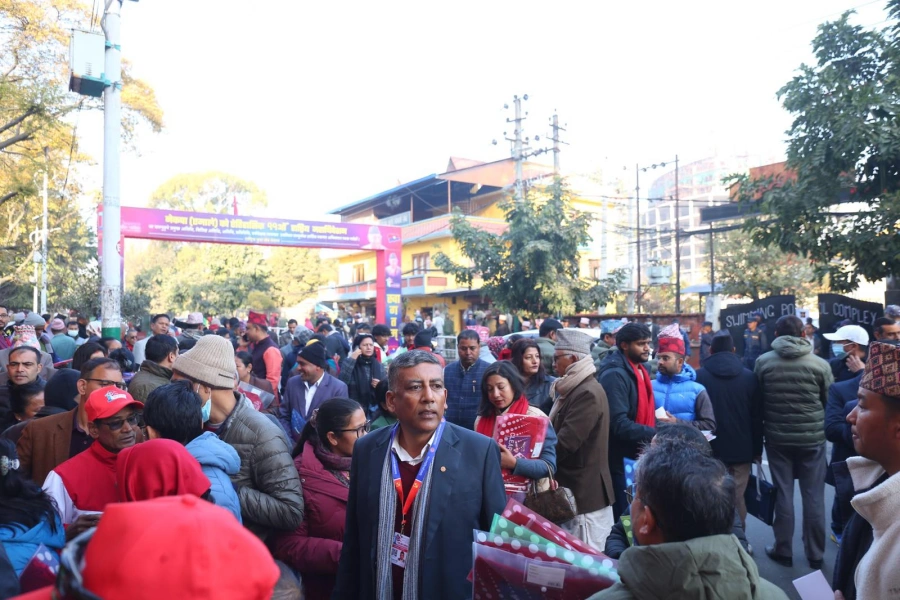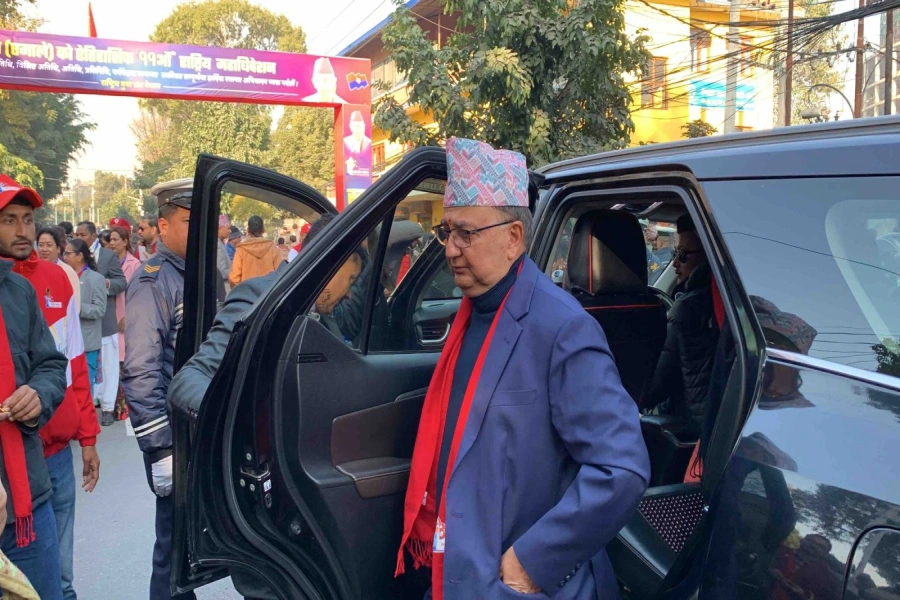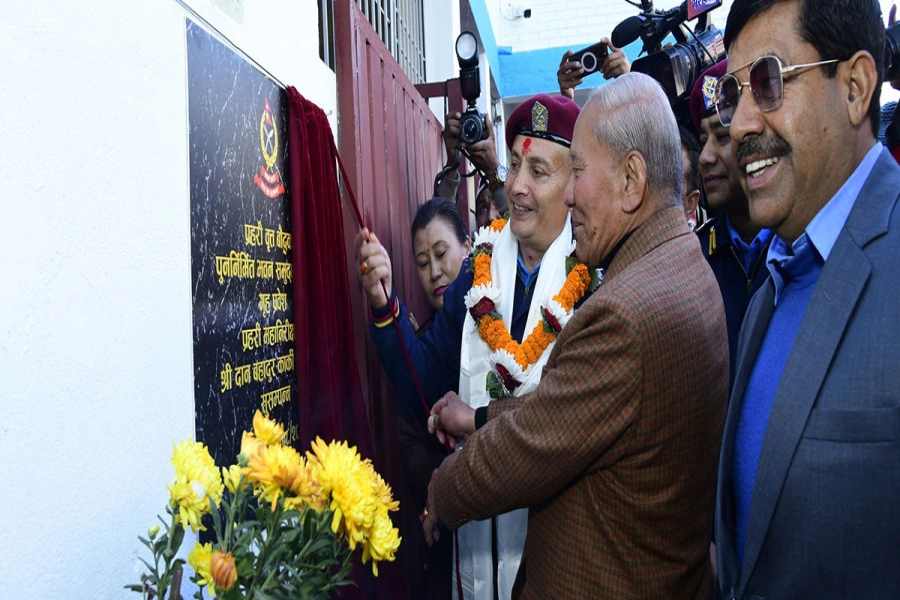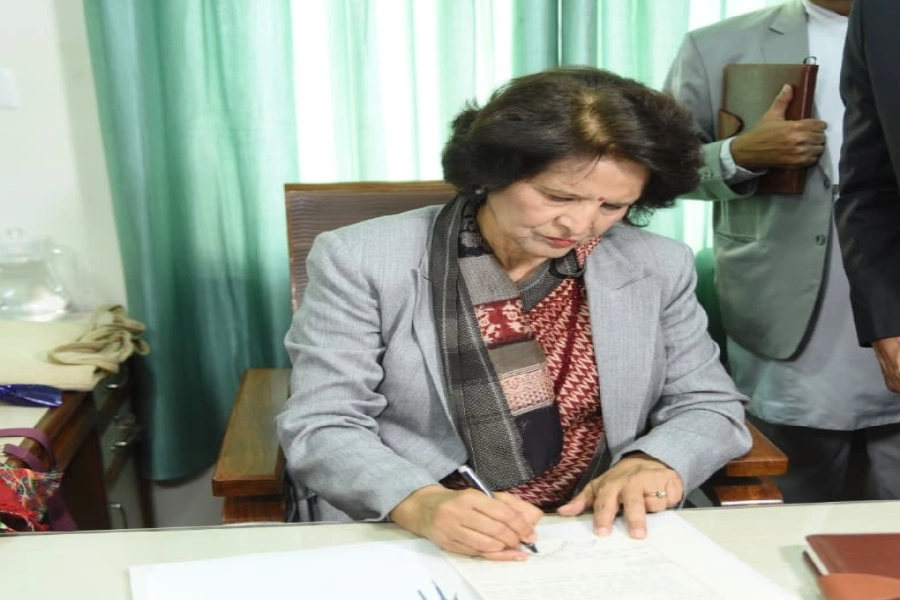KATHMANDU, March 20: Even as Finance Minister Janardan Sharma earlier announced in public to expedite capital expenditure, there is not much he can take credit for. The government has been able to utilize a meager 20.4 percent of the total amount allocated for the development projects in the first eight months of the current fiscal year.
According to the Financial Comptroller General Office (FCGO), the government spent only Rs 77.14 billion out of Rs 378 billion allocated for the capital expenditure. With only four months left for the completion of the current fiscal year, the government needs to utilize more than Rs 300 billion budget allocated under the heading.
It has been a perennial problem almost every year for the government to adequately exhaust the money allocated for the development activities. This is likely to affect the economic growth of the country hit hard by the COVID-19 pandemic. This in turn is likely to affect the creation of new jobs while also hitting the liquidity position with the banks.
Karnali Province spends only 31pc of budget in 10 months

Economists have said that management problems at the bureaucratic level and structural problems are the main problems lying behind the slow development expenditure. “Most of the time, the government bodies blame the procurement system. But poor connection established between the provisions of the periodic plan and the development projects is one of the main problems in utilization of the capital budget,” said Former Finance Secretary Rameshwor Khanal.
Former Secretary Suman Prasad Sharma, who also served as Finance Secretary, said there must be separate procurement strategies for different projects rather than considering all the projects under the same basket if we are to expedite capital expenditure. “Lack of assessment of the competency of consultant firms and their specialization and failure to make clear demarcation between good variation and bad variation in government policies are among other causes for the slow pace of work seen in various development projects,” Sharma said.
Awarding the contract without considering the project preparedness and centralized decision making process even in the small issues related to development projects have also been identified as the problems behind this. Deputy Executive Officer of the Alternative Energy Promotion Center Nawaraj Dhakal said the government bodies only consider physical concerns as a part of project preparedness. “Poor implementation of the regulatory framework and lack of pre-feasibility study of the related areas has also hindered handling the projects,” Dhakal said.
Despite being slow in capital expenditure, the government bodies speed up expenses mainly in the last month of every fiscal year, which has led to the poor quality of the development work. Joint-secretary at the Ministry of Finance Mahesh Acharya, however, argued that all the expenses made at the last hour should not be regarded as undesired and useless expenses.
Joint Secretary Acharya said a large chunk of money meant for the development is mobilized via the headings of financial management and recurrent expenditures. “As the policy and legal aspects related to project construction are not weak, existing structural hurdles, line ministries disowning the projects that witnessed slow pace of construction and shortfall of the technical manpower in the government mechanism have hit the timely construction of projects,” he added.
In September, during a press meet organized by the Ministry of Finance, Minister Sharma had announced that the government would be spending at least 10 percent of the allocated budget every month. Sharma had said that the government would spend 90 percent of the capital expenditure by the end of this fiscal year.



